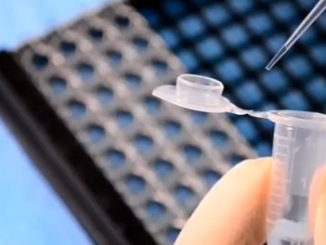Paternal Exercise Epigenetically Enhances Expression and Inheritance of a Key Gene Involved in Learning and Memory
…Biobehav Rev 80:443-456. Donkin et al., 2016. Obesity and Bariatric Surgery Drive Epigenetic Variation of Spermatozoa in Humans. Cell Metab 23(2):369-78. Denham et al., 2015. Genome-wide sperm DNA methylation changes…











